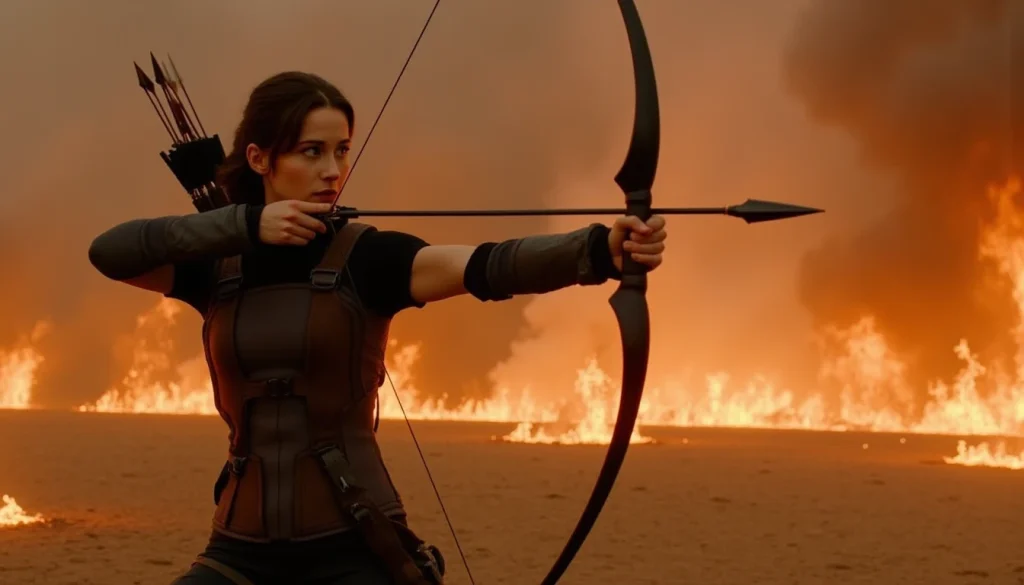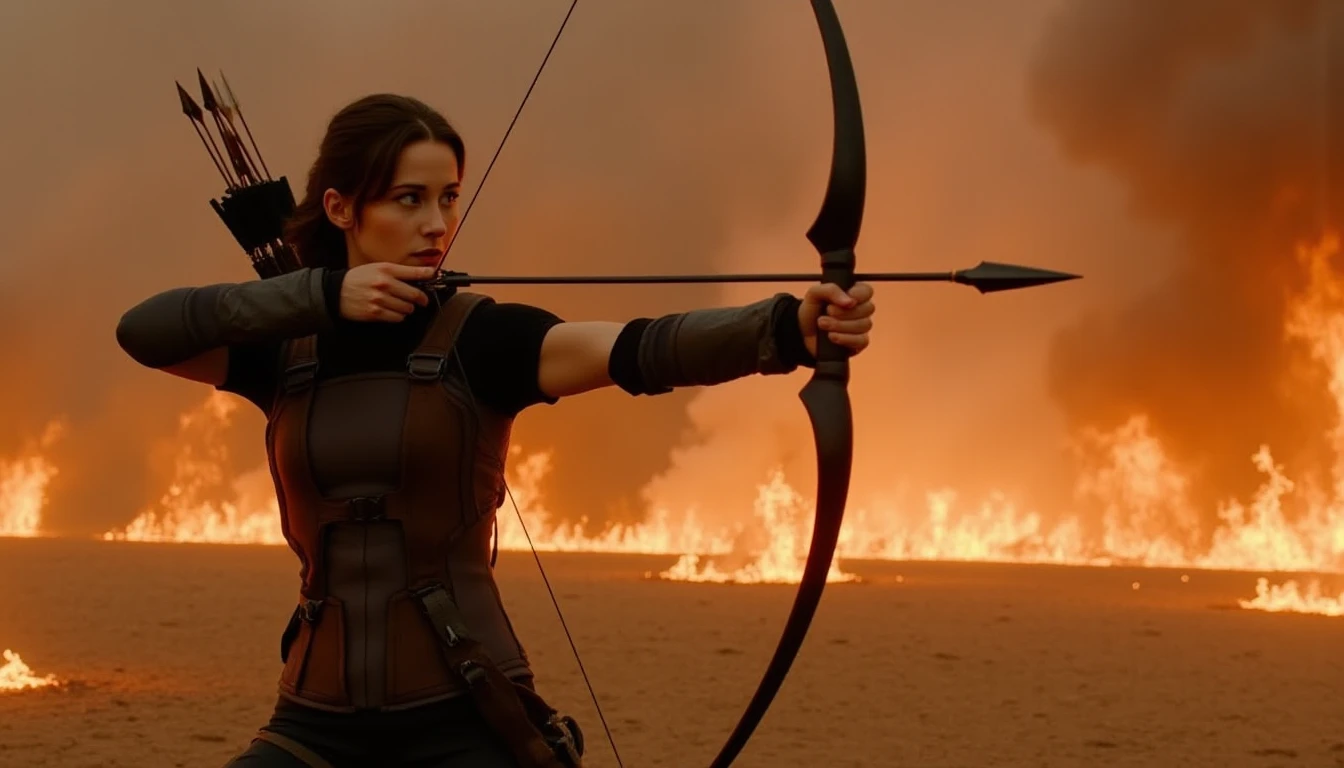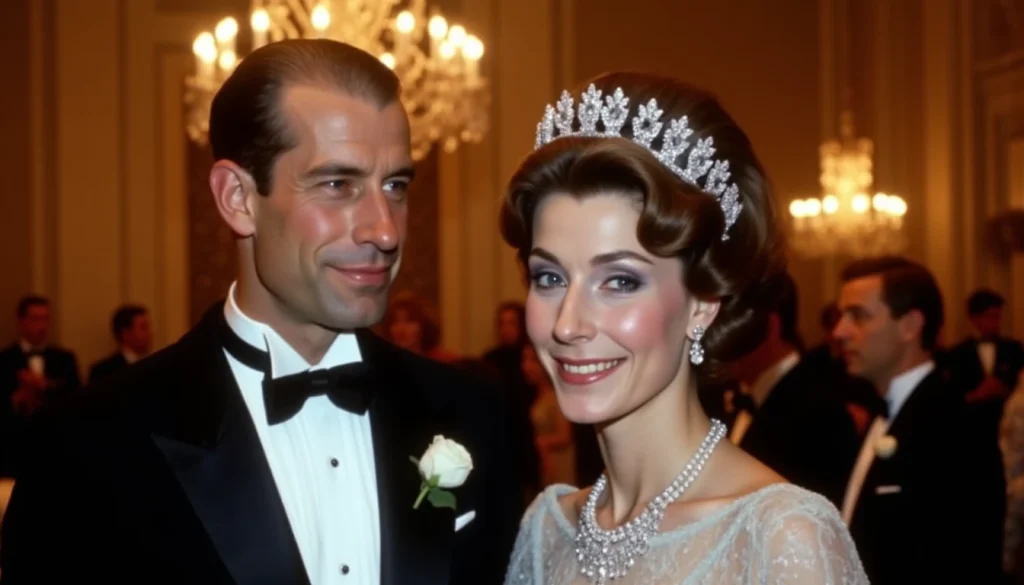The Hunger Games trilogy by Suzanne Collins is a popular young adult dystopian series that has captured the attention of readers worldwide. While it offers an intriguing premise and keeps readers engaged throughout, the series suffers from predictable plotlines and underdeveloped character arcs. This review will explore the various aspects of the trilogy to provide a comprehensive analysis.
The Premise
The Hunger Games is set in a dystopian world called Panem, which consists of a wealthy Capitol city surrounded by twelve poorer districts. Each year, the Capitol forces each district to send one boy and one girl between the ages of 12 and 18 to compete in the televised Hunger Games, a brutal event where only one person can survive. The premise itself is compelling, as it raises questions about power dynamics, oppression, and rebellion.
However, while the concept behind the Hunger Games is engaging, the execution falls short at times. The series relies heavily on clichés and predictable plot devices that are commonly found in dystopian fiction. For instance, the protagonist Katniss Everdeen’s role as a “chosen one” who will lead the revolution against the Capitol is telegraphed from the very beginning, making it difficult for readers to experience genuine surprise or excitement.

The Characters
Katniss Everdeen, the main character of the series, is a skilled archer and hunter who volunteers to take her younger sister’s place in the Hunger Games. Her determination, resourcefulness, and strong sense of justice make her an appealing protagonist for many readers. However, despite her potential, Katniss remains largely static throughout the trilogy, failing to undergo significant character development.
The other characters in the series also suffer from lackluster characterization. Peeta Mellark, Katniss’s love interest, is portrayed as a self-sacrificing and gentle soul who loves Katniss unconditionally. While his devotion adds an emotional dimension to the story, it can feel unrealistic and two-dimensional at times. Other characters, such as Gale Hawthorne and Primrose Everdeen, are similarly underdeveloped and often serve as mere plot devices rather than fully realized individuals.
The Themes
Despite its shortcomings in terms of character development and originality, The Hunger Games trilogy does explore several thought-provoking themes that resonate with readers. One such theme is the nature of power and how those in authority maintain control over others through fear and manipulation. The Capitol’s use of the Hunger Games as a means to keep the districts subdued serves as a stark reminder of how oppressive regimes can exploit their subjects.
Another significant theme in the series is the concept of identity and individuality. As Katniss navigates the perilous world of the Hunger Games, she grapples with questions about who she truly is and what it means to be an authentic person in a society that seeks to mold her into something else entirely. This internal struggle adds depth to her character and raises important philosophical questions.
However, these themes are often overshadowed by the series’ emphasis on action and spectacle over substance. While the plot-driven nature of the books keeps readers engaged, it comes at the cost of exploring these themes in a more nuanced and sophisticated manner.
The Writing Style
Suzanne Collins’s writing style is straightforward and accessible, making the books easy to read and understand. This simplicity can be seen as a strength, particularly when targeting young adult audiences who may not have the patience or inclination for complex literary techniques. However, it also contributes to the series’ lack of depth and sophistication.
The dialogue in the books often feels stilted and unnatural, with characters delivering speeches that sound more like exposition than genuine conversation. This can detract from the overall believability of the story and make it difficult for readers to become fully immersed in the world of Panem.
The Impact
Despite its flaws, The Hunger Games trilogy has had a significant impact on popular culture and literature. It sparked a resurgence of interest in dystopian fiction among young adult readers and paved the way for other series that explore similar themes and ideas. The books have also been adapted into successful films, further cementing their place in the cultural zeitgeist.
However, this success can be attributed more to the books’ timely premise and marketing strategies than to their literary merit. While they may serve as a gateway for young readers to develop a love of reading, they offer limited substance or sophistication compared to other works in the genre.
Conclusion
In conclusion, The Hunger Games trilogy is a well-written but ultimately unsatisfying series that fails to live up to its potential. While it offers an intriguing premise and keeps readers engaged through its fast-paced plot and high-stakes action, it falls short in terms of originality, character development, and thematic complexity. Readers seeking a more nuanced exploration of dystopian themes or a deeper dive into the human psyche may be disappointed by the series’ emphasis on spectacle over substance.
However, for those who are new to the young adult genre or looking for a quick, entertaining read, The Hunger Games trilogy can still provide an enjoyable experience. It serves as a good starting point for readers interested in exploring dystopian fiction and can inspire further reading in the genre. Ultimately, while not a masterpiece of literature, it is certainly worth checking out for its cultural impact and accessible storytelling.








